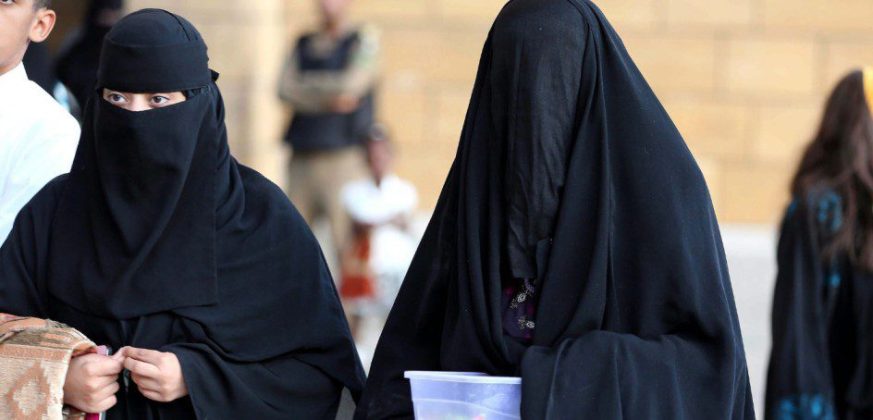Saudi Arabia is on the path of eradicating the remnants of extremism; what does it mean for Saudi women?


A surprising sequence of social reforms has given women freedoms that were previously forbidden under Saudi Arabia’s stringent Islamic law.
Under Crown Prince Mohammed bin Salman’s leadership, women have had the freedom to receive their own passports, travel abroad, and live independently without the consent of a male guardian, or “wali”.
The measures are part of Crown Prince Mohammed bin Salman’s effort to modernise the Middle Eastern nation. Under his leadership, the reforms, combined with his Vision 2030 diversification strategy, would enable Saudi Arabia to “eradicate the remains of extremism” and embrace a more “moderate” version of Islamic law, he declared in 2017. A year later, restrictions changed, allowing women to drive for the first time.
However, the country continues to be quite restrictive in terms of what women can and cannot accomplish. Women can now make the pilgrimage to Mecca without the presence of a male guardian, which one woman described as a “miracle,” although they must do so as part of a group. A male relative must still give consent for a woman to marry, start certain businesses, leave prison, or leave a dome.
Let’s glance through a then and now representation of what women can and can not do in Saudi Arabia.
| Then | Now |
| When a woman goes out in public, she wears an abaya, a long, loose gown with a black headscarf or niqab, which was the norm for much of the twentieth century. | In 2018, the crown prince softened the clothing requirement, stating that women were no longer required to wear an abaya in public. |
| Mixing of both genders in public transport, parks, beaches etc has previously led to criminal charges, with women typically facing harsher punishment. | Restaurants were no longer needed to have separate entrances for men and women as of December 2019, and some even stopped enforcing segregation. |
| In Saudi Arabia, a woman must obtain the consent of a male guardian in order to obtain a legal abortion. | In Saudi Arabia, a woman must obtain the consent of a male guardian in order to obtain a legal abortion. |
| Because Saudi Arabia lacks a family law system, household matters such as marriage and divorce are generally controlled by sharia law. | There was no law in effect until 2019 to prevent Saudi women from being divorced without their consent, meaning they could be unaware of their alimony rights. |
The improvements, according to critics, are little more than “propaganda.” Duaa Dhainy, a researcher at the European-Saudi Organisation for Human Rights, said the reforms “don’t impact the human rights situation in a meaningful way”, Deutsche Welle reported.
Despite “some changes” there has been “no real difference” to the country’s stance on freedom of opinion, Dhainy continued. Saudi Arabia remains in the ten lowest-ranked countries on the World Economic Forum’s 2021 Global Gender Gap report.
The New York Times’ Cairo Bureau Chief Vivian Yee noted that “it still falls to women in many households to negotiate their freedoms” with male relatives.
Written by Ruth Jane
